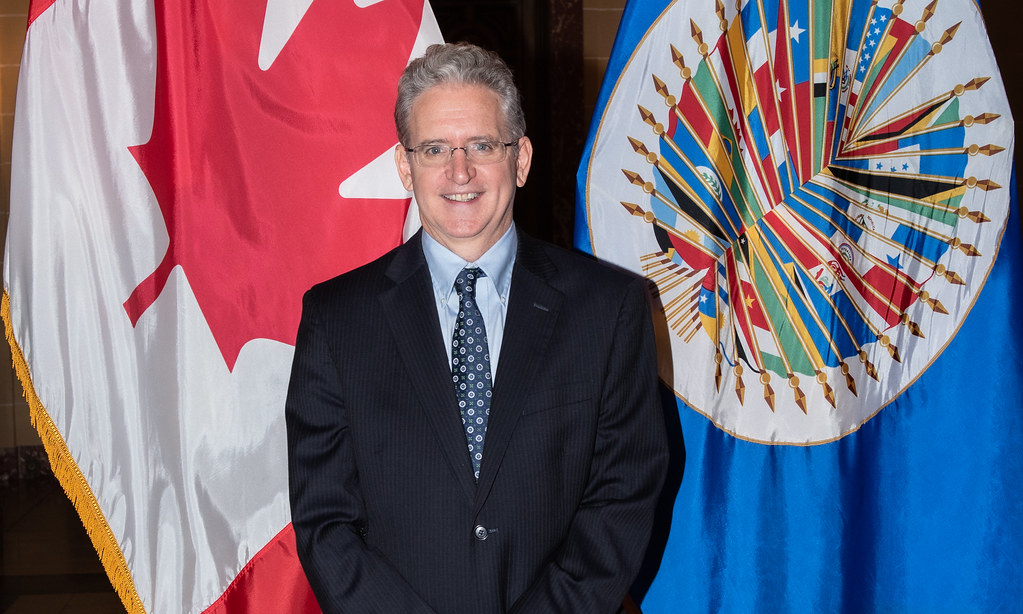The Government of Canada has announc-ed a $15 million Canadian dollar contribution (equivalent to US$ 11.2 million) towards a Pan American Health Organization (PAHO) initiative to boost vaccine production capacities in Latin America and the Caribbean.
Launched in 2021, the PAHO Regional Platform to Advance the Manufacturing of COVID-19 Vaccines and other Health Technologies in the Americas aims to expand the region’s ability to respond more quickly and autonomously to health emergencies and to improve access to much needed vaccines, medicines, and other medical supplies, a release from PAHO said yesterday.
“We thank the Government of Canada for this generous and timely contribution, which will be crucial in making the region better prepared for future challenges,” PAHO’s Director Carissa F. Etienne said.
The COVID-19 health crisis uncovered major rifts in access to health care and exposed the region’s high dependence on imports for vaccines.
Countries with local production capacity were the first to benefit from COVID-19 vaccines, but much of Latin America and the Caribbean had to wait for these to become available from centralized external manufacturers, the release noted
“This disparity underscored the need to invest in efforts to diversify the production of vaccines and their components across countries,” the PAHO Director said, while taking advantage of new health technologies, such as messenger RNA (mRNA) vaccines that can be used beyond COVID-19.
“Canada is pleased to support PAHO’s innovative work to strengthen vaccine production capacities in Latin America and the Caribbean and to deepen our partnership on this critical issue for the region,” Ambassador Hugh Adsett, Permanent Representative of Canada to the Organization of American States said.
As part of the PAHO effort, in Septem-ber 2021 Bio Manguinhos/FIOCRUZ in Brazil and Sinergium Biotech in Argen-tina were selected to be part of a technology transfer initiative for the development and production of mRNA-based vaccines in the region, the release said.
Representatives from both institutions took part of in training at the World Health Organization mRNA global hub, Afrigen Biologics, to accelerate the development of the technology in the region.




